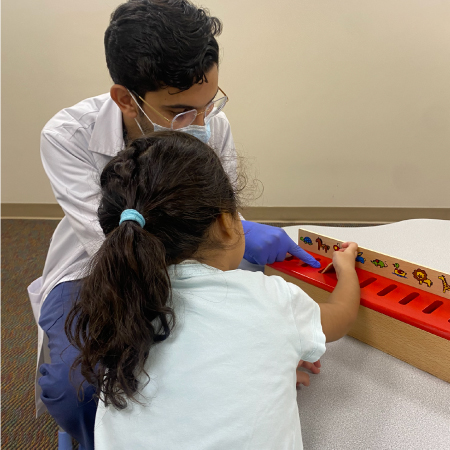
News & Events

International COPD Day
The world marks International Chronic Obstructive Pulmonary Disease (COPD) Day on the third Wednesday of November. To help people better understand COPD, the Johns Hopkins Aramco Healthcare Pulmonary Clinic answers the following questions.
If you are concerned about COPD for yourself or a loved one, contact your primary care physician.
COPD Insights: Hear from an Expert
What is COPD?
COPD or chronic obstructive pulmonary disease (COPD) is a chronic inflammatory lung disease that severely limits airflow over an extended period of time. COPD encompasses various conditions, including emphysema, which is characterized by the progressive destruction of the alveoli, which are the small air sacs in the lungs responsible for gas exchange. Chronic bronchitis, on the other hand, is characterized by chronic cough and production of phlegm.
Asthma is not a type of COPD, which is a common misconception we face in the Pulmonary Clinic.
The World Health Organization (WHO) recognizes chronic obstructive pulmonary disease (COPD) as the third most prevalent cause of death worldwide, causing about 3.23 million deaths around the world in 2013.
This statistic underscores the significant impact of COPD on public health, highlighting its status as a leading contributor to chronic illness and death. The burden of this disease continues to increase, requiring ongoing research and effective management strategies to reduce its effects on individuals, health systems and society.
What are the common symptoms of COPD?
Common symptoms of COPD include shortness of breath, expiratory wheezing, chest tightness, persistent cough (often with mucus) especially with chronic bronchitis and frequent respiratory infections. If the disease is not well controlled or patient continues smoking, symptoms will likely get worse over time.
Who is at risk of developing COPD?
The primary risk factor is smoking. Other risks include long-term exposure to air pollutants, including chemicals, dust and other particulates in the air, and a history of family and respiratory disease. One of the most common questions received in the Pulmonary Clinic is “Can COPD be caused by genetics?” The answer is yes.
How is COPD diagnosed?
COPD is diagnosed by pulmonary function tests, including spirometry, that measure airflow movement and lung volume along with lung diffusion capacities, along with a physical examination, chest x-ray, CT scan and blood gas analysis.
Can COPD be cured?
COPD is NOT curable. It can, however, be treated and managed by controlling the symptoms of the disease to slow progression. Patient compliance to the treatment plan plays a significant role in disease management.
Patients with COPD can develop serious complications that can result in hospital admission, including into an intensive care unit, if not well controlled.
What treatment options are available for COPD?
Treatment includes medications such as bronchodilators (both long acting and short acting), inhaled corticosteroids and antibiotics if examination shows there is a chest infection. Pulmonary rehabilitation and long-term oxygen therapy will help a patient live with the disease by reducing the symptoms that limit daily activities. In severe cases, surgery may be necessary, especially for patients with emphysema. Numerous studies have confirmed the role of smoking cessation in reducing the progression of COPD2.
What measures may be taken to avoid COPD?
Prevention of COPD triggers is the best way to prevent disease progression. These include avoiding smoking and dust. Wear a mask when there is a lot of sand and other matter in the air.
How does COPD affect a person's daily life?
Shortness of breath (in general or with exertion) is one of the most common symptoms that limit patients with COPD from doing daily activities such as walking, dressing, climbing stairs, etc. Pulmonary rehabilitation and long-term oxygen therapy will help.
What lifestyle changes can help manage COPD?
Patients with COPD should change their lifestyle to enhance their quality of life and delay disease progression. Following are a few tips:
- If you smoke quit and avoid second-hand smoke.
- East a healthy diet as obesity is one factor that contributes to worsening symptoms.
- Follow the treatment plan prescribed by the physician
What resources are available at JHAH for individuals with COPD?
The JHAH Respiratory Education Clinic provides a variety of treatments for COPD to enhance quality of life including medication administration, airway clearance and smoking cessation programs conducted by certified therapists.

World Breastfeeding Week
JHAH joins the World Alliance for Breastfeeding Action and the MOH in supporting World Breastfeeding Week

How to sleep better
A good night’s sleep can help repair damaged heart and blood vessels. We have simple tips to help you sleep better
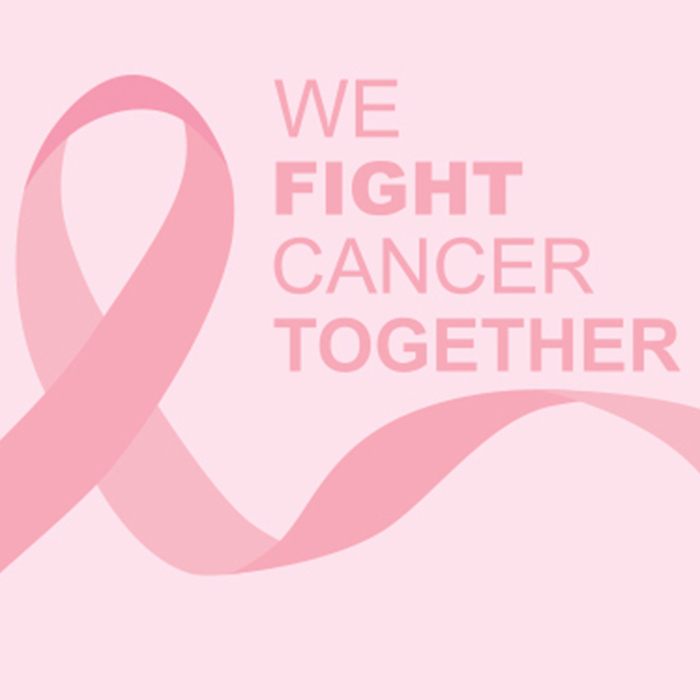
The fight against breast cancer
The good, and bad news about breast cancer – and how to fight it
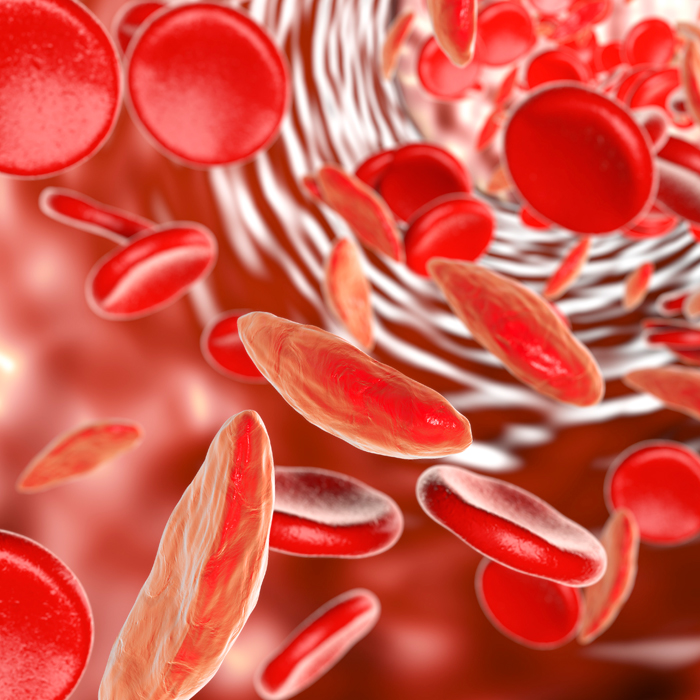
Tackling the pain of sickle cell
Find out how changes to how we manage the pain of sickle cell disease have led to a massive drop in emergency care and hospitalization

Immune System Boosting Meal Plans
A few ideas for a good nutrition program that can help strengthen your immune system

Tips to Strengthen your Immune System
There are many health and nutrition tips that can boost your immune system

Top Tips to Controlling Your Diabetes
The Kingdom is the second in the Middle East and the seventh globally in the rate of Type 2 diabetes, find out how you can take control of your diabetes and lead a healthy life
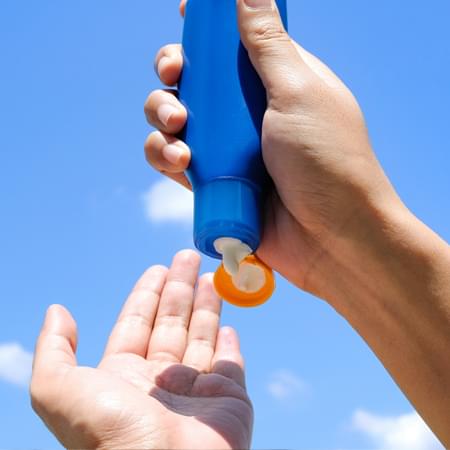
Protect Yourself from Sun Exposure
Health issues related to sun exposure and how you can protect yourself

Nutritional Values of Fruits in Summer Season
Include fruits in your daily menu, in whichever way you like, and stay healthy

Survive a heart attack when alone
Heart attacks often occur when people are alone. Knowing what to do when heart attack symptoms come on can save your life

Obesity Preventive Tips
Encouraging people who suffer from obesity to take part in safe solutions to weight loss, lifestyle change, and weight maintenance

Staying cool and healthy during the summer
We tend to forget that the sun’s shine and brightness can be quite harmful during the summer. Tips to stay healthy and cool during summer
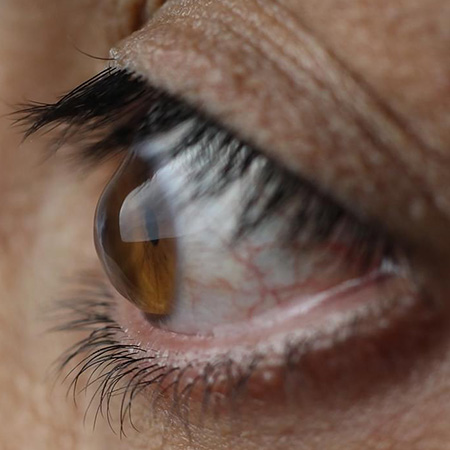
Keratoconus diseases
Keratoconus is an eye disease that affects the Cornea, the clear transparent part of the eye. This disease causes progressive thinning and protrusion of the cornea giving it a conical shape.

Medication Safety Tips
No matter what type of medicine your doctor prescribes, it's always important to be safe and follow medication safety measures
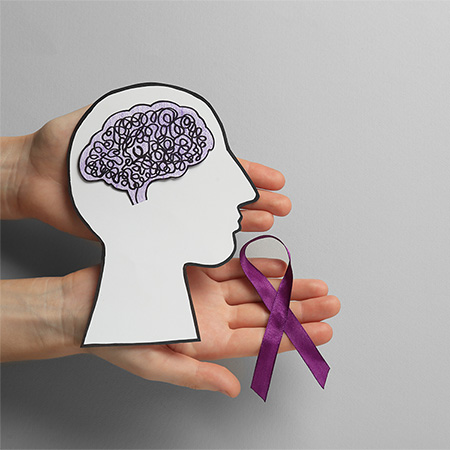
Alzheimer’s Disease
Learn about Alzheimer’s disease, it's symptoms, causes and risk factors, and what to do if you have Alzheimer's disease

Fight Breast Cancer Tips
Proper nutrition and exercise play important roles in reducing the risk of breast cancer

Antibiotics
Learn how to properly use antibiotics to avoid resistance and protect your health

Effective Medication Depends on Efficient Communications
Collecting your medication from the pharmacist is not just a medication transaction but an opportunity to enhance your understanding of the medication and better care for your health.

From Prediabetes to Normal Blood Sugar
JHAH Tawazon Program works with pre-diabetic patients to help them modify their lifestyle to prevent or delay type 2 diabetes

Make the most of your Pharmacy Visit
Here are a few essential points to discuss with your pharmacist to better understand your medication to ensure your wellbeing.

The Four Cs of Food Safety
Four simple and practical guidelines that will help you to keep safe from food-borne diseases in your kitchen

Save lives, donate blood
Read our expert advice on blood donation guidelines and how you can play a role in saving lives

Essential Tips to Safeguard Medications in Summer
Protect your medications against the heat of summer with a few simple tips

Importance of Consuming a Healthy Breakfast
Start your day with nutritious foods to boost your energy and metabolism levels

Tips for Healthier Sweets
JHAH Clinical Nutrition and Food Services Unit is here to help you make your sweets healthier, lighter and heart friendly
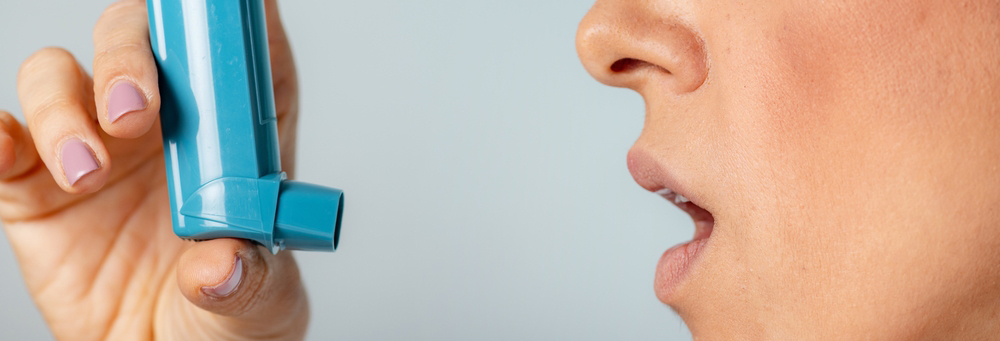
Asthma Inhaler Essentials: Techniques for Effective Use
Important techniques to ensure effective delivery of medications to the lungs

Recognizing Dehydration When Spending Time Indoors
Signs of dehydration indoors, symptoms to watch, and tips to stay hydrated even without thirst.

Al-Hasa Health Center Performs First Triple ENT Surgery
Three ENT surgeries significantly improve the breathing of a 21-year-old patient.
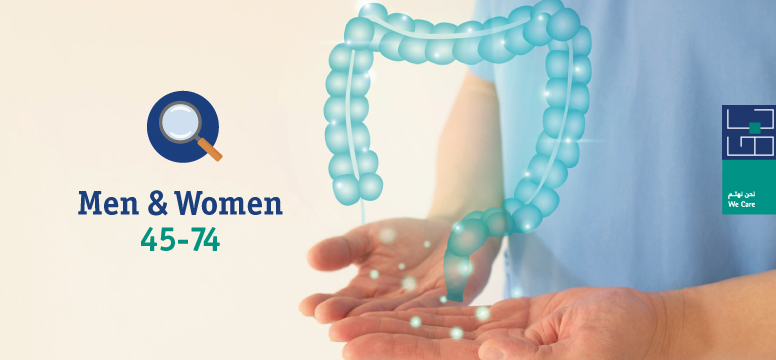
Colon Cancer Screening: A Crucial Step for Your Health
Colon cancer screening can detect the disease in its early and treatable stages

Adapting to Heat: Skin Care Tips
Scientifically backed tips to keep your skin in top condition.

Skin Care for Healthy Skin
Enjoy being outdoors while keeping your skin healthy, protected and radiant

Winter Wellness
Discover key tips to prevent infections this flu season and effective home remedies to manage cold symptoms.

The Importance of Vitamin D in Human Life
Explore the vital role of vitamin D in health and learn how to maintain adequate levels through diet and sunlight.

Breast Cancer: Know It, to Beat It
Explore essential insights on breast cancer, its risks, symptoms, and treatment options.

Fall Prevention Tips
Explore the risks of falling and learn key effective prevention strategies.

Fight Anemia and Power up with Iron Rich Food
Iron deficiency anemia, its causes, symptoms and effective dietary strategies.

The Art of Pillow Selection
Discover the importance of selecting the right pillow for alleviating neck and shoulder pain and enhancing sleep quality.

Infection Prevention and Control Guidelines
Discover essential practices for reducing infection risks. Stay informed and protect your health and the health of others

Tips to Maintain Eye Health at Work
Relieve eye strain and improve focus with the 20-20-20 rule and other tips

Internet Safety Tips for Kids in Cyberspace
Help children stay safe online by teaching privacy, secure settings, and cyberbullying awareness

Your Health in Cold Weather
Boost immunity and well-being this winter with healthy habits, exercise, hydration and sleep

Heart Disease: Risks and Prevention
Raise awareness for heart disease prevention through healthy habits, diet, and stress management

Strengthening children's muscles
Explore how children's exercise programs focus on neurological adaptation and muscle learning rather than muscle size alone

Should I take a collagen supplement?
Learn about collagen, its role in your body, and how diet and lifestyle impact its production

Managing Anxiety and Winter Depression
Tips for coping with seasonal challenges to boost your mood and wellbeing

Social Media & Gaming Addiction: Warning Signs, Risks, and How to Take Control
Hooked on social media or gaming? Learn how constant screen time could be harming your health and what you can do about it.

Importance of Vitamin D in Human Life: Key Aspects and Insights
Discover how Vitamin D plays a vital role in your health—from boosting immunity and mood to strengthening bones and supporting heart function.

Invisalign Clear Aligner Orthodontic Treatment
Looking for a discreet way to straighten your teeth? Invisalign clear aligners at JHAH offer a comfortable, effective, and nearly invisible alternative to braces.

Minor Illness Management
Feeling under the weather? Discover practical tips to care for yourself or your child at home when dealing with flu or stomach illness.

Immunization Issues
Vaccines, immunity-boosting tips, and hygiene habits that help you stay healthy and reduce the spread of seasonal viruses.

Using Opioid Medications Safely
Opioids can relieve pain—but only when used correctly. Discover essential safety tips and warning signs every patient and caregiver should know.

Why you should quit
Smoking harms nearly every body organ. The earlier you quit, the greater the health benefit. Learn how

Healthy and Fun Lunchbox Ideas for Kids
Give your kids the energy boosts they need with colorful, balanced lunchbox ideas that stay fresh until lunchtime.

Helping Children Adjust in the First Weeks of School
Starting school can be emotional for kids and parents. Learn simple ways to ease anxiety, build steady routines, and make the first weeks a positive experience

Working Together for a Healthy School Year: Hygiene Tips for Kids, Parents, and Teachers
Keeping kids healthy is a team effort. Explore fun, practical ways for parents and teachers to teach good hygiene, reduce sick days, and keep classrooms thriving

Protecting Children from Sun and Heat at School
Help your child stay cool and safe at school with easy sun protection, hydration tips, and guidance for healthy outdoor play

School Bus Safety Practices
Safe bus rides start with parents. Learn easy rules and reminders to keep kids safe, confident, and stress-free on every school journey

Study Tips for Kids: Reducing Stress and Boosting Confidence
Make homework stress-free with simple study routines, fun habits, and confidence hacks that keep kids motivated to learn.

School Bedtime Tips for Kids: Better Sleep, Better Learning
Make school mornings smoother with simple sleep tips that build healthy routines, calmer evenings, and better focus for kids.
